Making New Year’s resolutions is a tradition that reportedly goes back around 4,000 years to the time of the ancient Babylonians. Despite humans practicing making resolutions for millennia we seem to be quick to abandon them! This is the month that New Year’s resolutions most commonly fail, with 80% of resolutions being cast aside in February. So we’re diving into the archives to bring you some inspiration to persevere with your goals, whatever they may be.
Drink less alcohol
In reaction to the relaxation of licensing laws and increased availability of alcohol in the 1830s, Temperance Societies were set up to counter a ‘wave’ of public drunkard-ness. Led by the non-conformist churches and trade unions the Temperance movement encouraged people to abstain from the demon drink. A Temperance poster in our collections aims to set people on the right path by depicting Temperance Land. In the centre is Moderation Town, from which the towns-folk have a choice; they can travel Resolution Road to Temperance Town where they will find ‘Beautiful country covered with gardens and richly cultivated lands’ or they can travel Grog Lane to Intemperance Town on the Gulf of Ruin where they will find a ‘country covered with heavy fog and dark clouds, low and unhealthy land infested with thieves’. Which road will you choose?!
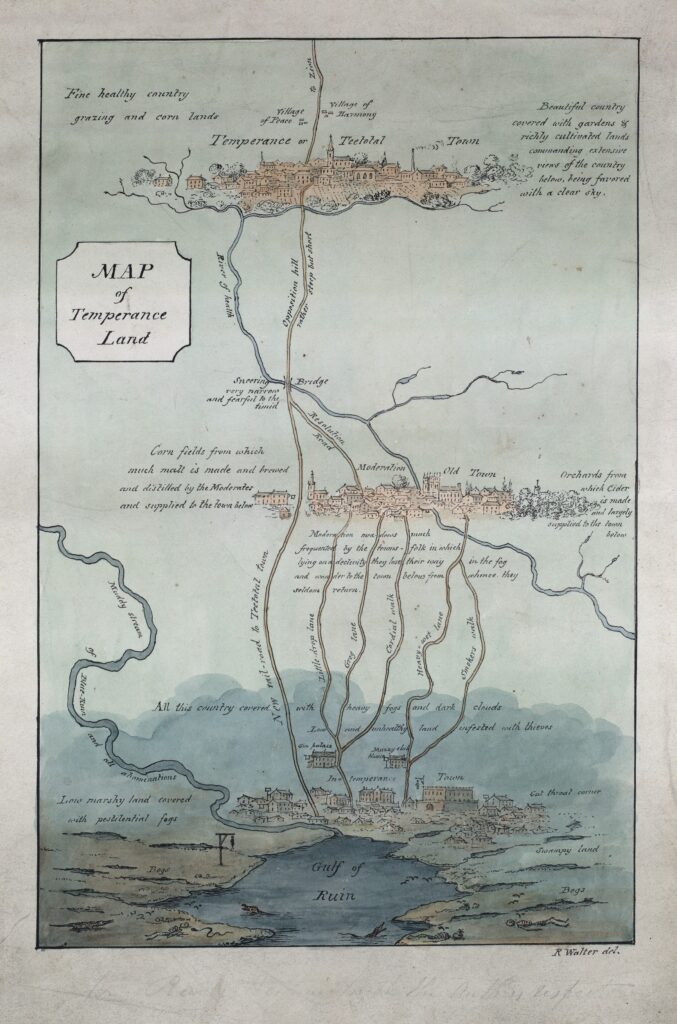
Get active!
Our collections include many a sports team photograph, like this Thomas Hardye School cricket team from around 1900:
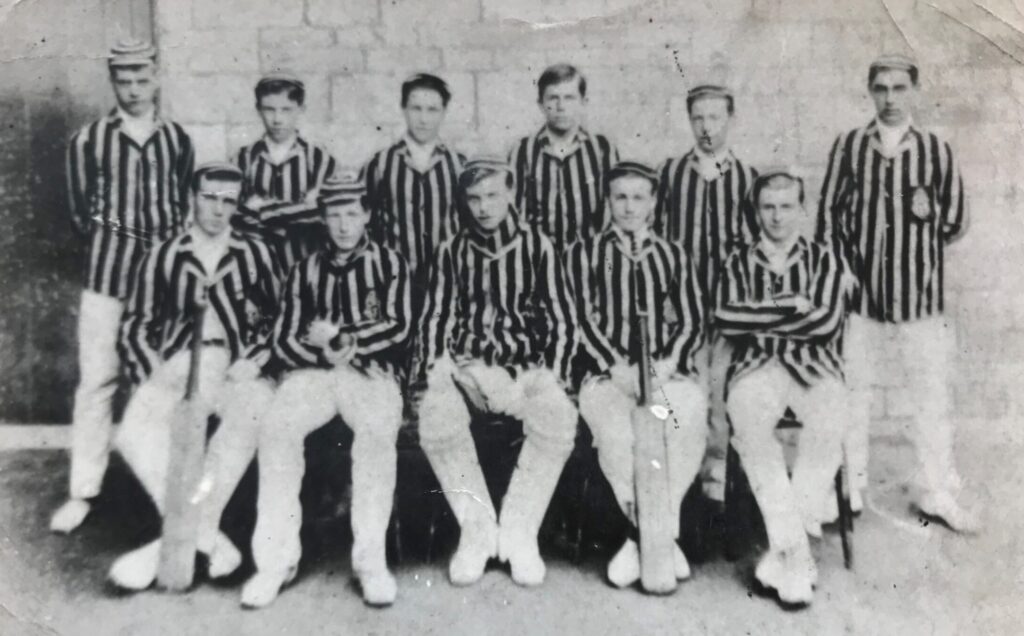
Given current restrictions we’ve found some more traditional ways to get moving which you can enjoy on your own!
- Grab a stick and some bells and have a jig to some folk tunes inspired by the great Morris dancing tradition! These Morris dancers were captured at a street fair in Milton Abbas in July 1975:
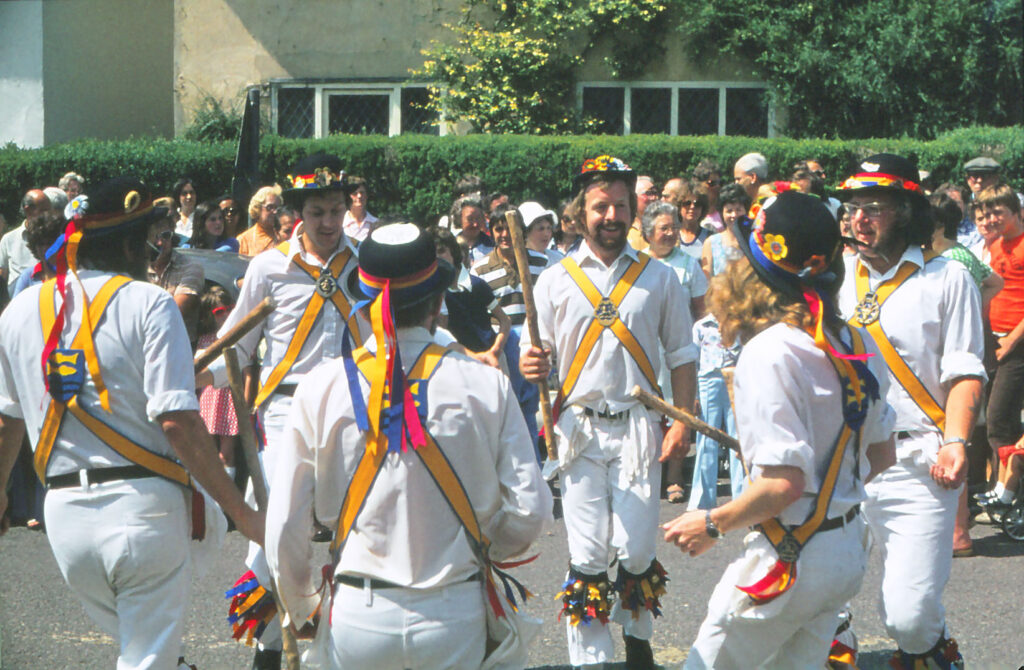
- Got a hoop? All you need is a stick and you have the Victorian playground game of hoop and stick, enjoyed in this photograph by Daphne Bankes and Viola Bankes:
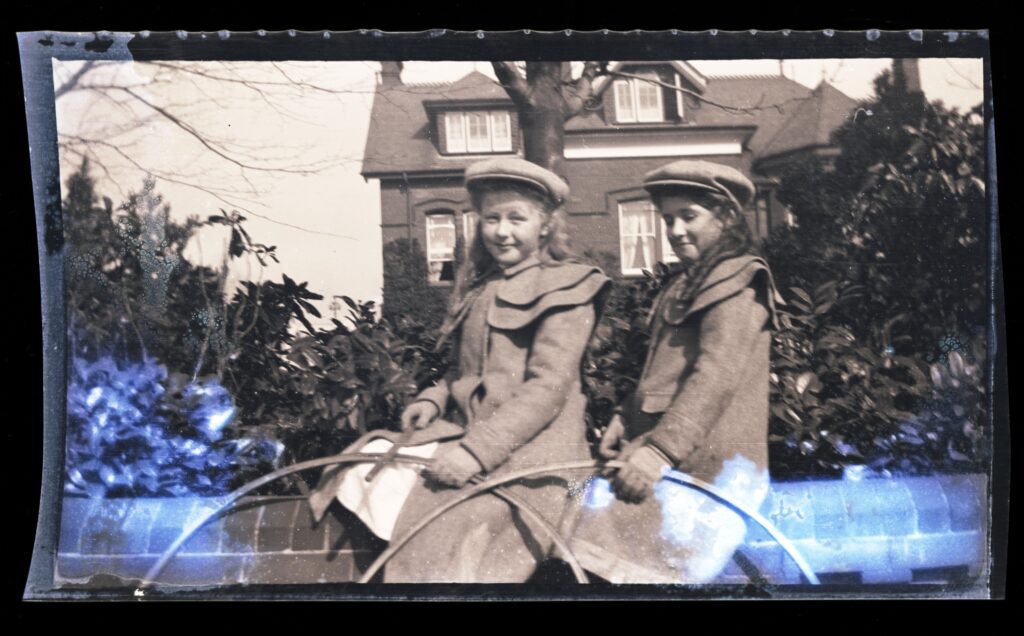
- Tie some rope or ribbon to a washing line pole or a tree with no low branches and merrily skip around like these delightful maypole dancers in Iwerne Minster in 1918. This would be possible solo but probably much more fun with others:
Engage in a new hobby
From amateur theatre and Dorset button making to sports clubs and Women’s Institutes, our collections include records of clubs and societies uniting their members in a shared passion. However, there is another past time we like to promote here and that is (you guessed it!) investigating history using archive collections. Whether you’re filling in the details of your family tree or delving into the past of your town or village, our collections may contain some clues. If you’re not sure where to start be sure to check out our tips on family and house history, and guides to popular types of records.
All of the above!
Finally, if you’re looking for a role model in self–discipline and commitment, look no further than Adela Curtis. Curtis was described as a dedicated Christian, vegetarian teetotaller, pioneer of self-sufficiency, spiritual director, healer, economist, ecologist and a keen organic gardener.
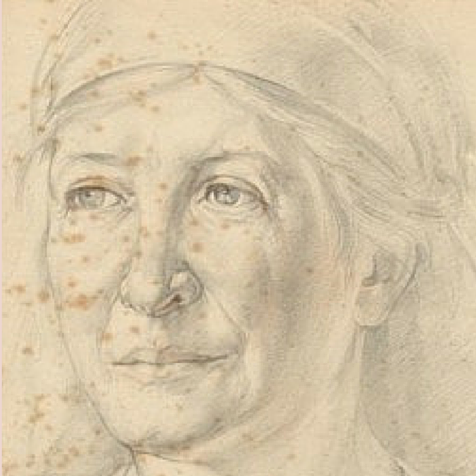
In May 1921 Curtis, aged 57 and recuperating from an illness, purchased some land on the outskirts of Burton Bradstock. She established a Christian commune of celibate and contemplative vegetarian ladies to live self-sufficiently without electricity, gas or central heating. Curtis expected her ‘sisters’ to abide by a strict set of rules, devoting significant time to worship and supporting themselves as much as possible using the land they occupied. The Adela Curtis Collection contains manuscripts, published works and sermons outlining her views on everything from organic farming to World War 2!

